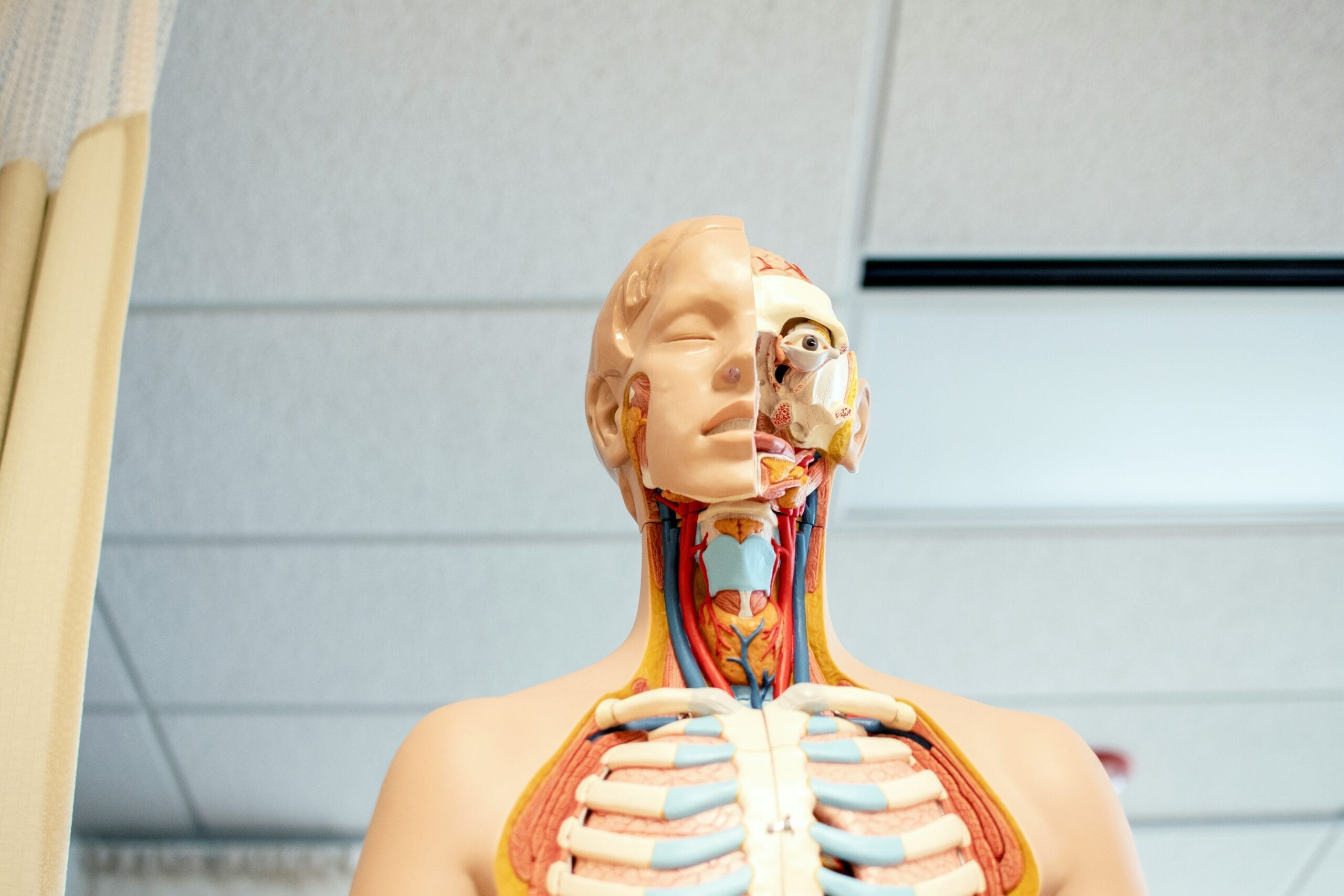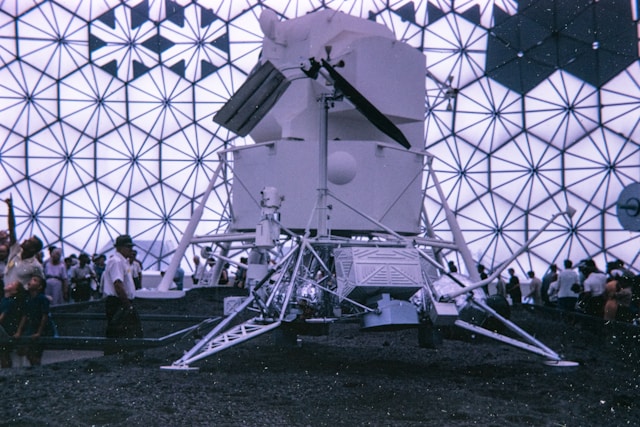Exploring Synthetic Biology: The Future of Designing Life
Understanding Synthetic Biology: An Introduction
It will be a revolutionary interdisciplinary synthesis. This synthesis combines principles from biology with those from engineering. It serves as a basis for designing new biological entities. Exploring Synthetic biology involves designing and constructing synthetic organisms. These organisms have the desired functions to effectively manipulate life at various scales. With more advanced genetic design technologies and harnessed power behind bioprocesses, the solution to major global challenges is developed.
The defining characteristic of exploring synthetic biology is the use of molecular tools, including CRISPR gene editing. This transformative technology now allows for precise changes in genetic material. It makes it easier to engineer organisms to express specific traits. CRISPR has catalyzed a wave of innovations in bioengineering. This innovation makes it possible to develop organisms for pharmaceuticals, biofuels, and other valuable biomanufacturing products. Such applications are endless: from agriculture to medicine, whereby engineered microbes can be used to combat disease or toughen crops.
exploring Synthetic Biology: Driving Innovation and Sustainability with DNA Synthesis and Genome Editing
A further aspect is foundational technologies DNA synthesis and genediting that facilitate forcing developments within the field. These technologies enable the assembly of custom sequences of DNA. These sequences can then be inserted into hosts to create new functions. Synthetic biology is creating novel biological parts. It is also redesigning existing ones. This field emphasizes its relevance by improving sustainability. It does this by developing eco-friendly processes of biomanufacturing.
Synthetic biology cannot be overemphasized because it opens the most exciting frontiers of biotechnology. Innovations in this area can unlock sustainable bioengineering solutions, with far-reaching benefits to humankind, while raising several significant ethical concerns. Synthetic biology will guide our relationship with nature to new technological advancements. It will also steer ecological stewardship as we head into 2024 and beyond.
Applications of Synthetic Biology: Transforming Industries
Synthetic biology is an area of research and development with profound implications for various industries. These industries include medicine, agriculture, and energy. This area of development fundamentally transforms age-old practices. Innovations in bioengineering deliver sustainable answers to efficiency concerns. They also address environmental worries. For instance, within health care, synthetic biology uses CRISPR gene-editing technologies for therapeutic applications. This approach allows for precision genetic modification. It enables the design of tailored therapeutics for diseases that were previously challenging to treat. It also advances personalized medicine and improves patient outcomes.
With synthetic organisms, food security, and sustainability are being transformed in agriculture. Genetically edited crops, produced via synthetic design technologies, can be more resilient to changes in climate, pests, and diseases. Improving yield in these innovations reduces chemical pesticide and fertilizer needs thus ensuring a sustainable food production approach. The world continues to demand more food. These applications provide viable solutions to meet the challenge sustainably.
Synthetic Biology in the Energy Sector: Revolutionizing Biofuels and Promoting a Circular Economy
Synthetic biology is transforming the energy sector in many ways today. Biomanufacturing processes produce biofuels. This highlights how synthetic biology can optimize the production process. It also creates renewable resources. Innovations in this sector are based on the conception of microorganisms that metabolize waste materials into usable biofuels. As such, it eliminates or reduces the use of fossil fuels and contributes to the cyclic economy.
The use of synthetic biology across various industries marks an evolution. This evolution moves toward developing more sustainable life engineering. As further developments come in biotechnology, it will continue increasing the benefit of synthetic biology. It will handle critical issues faced by new economies. It will also push forward many important discussions about ethics in their practices, which are also relevant to synthetic biology. The year 2024 holds much promise. More sectors are opening up to utilize these emerging technologies. They aim to establish a sustainable future.
The Ethical Landscape of Synthetic Biology
In terms of innovative genetic design technologies, synthetic biology pushes conventional ideas in the definition of what it means to engineer life. In developing GMOs and designer organisms, the creation of new, complex entities calls into question who bears moral accountability and when GMOs represent more than mere abstractions of natural objects, requiring regulation beyond any narrow application to the development of industrial-scale biomanufacturing processes.
One of the most critical ethical dilemmas is the risks posed by genetic editing technologies, such as CRISPR. The ability to manipulate genes allows for extraordinary advantages, such as increased agricultural production and disease resistance. However, it also opens the possibility of unintended consequences, such as loss of biodiversity or ecological disruption. Therefore, the scientific community has the responsibility of creating strict ethical guidelines to help them navigate these challenges. Continued advancement in biotechnology calls for the setting up of a comprehensive framework for ethical oversight to assuage public fear and uncertainty about the applications of synthetic biology.
Ethical Considerations in Synthetic Biology: Balancing Innovation with Societal Values
In addition, the ethical dialogue must reflect the views of the ethicists, public stakeholders, and regulatory bodies involved. The involvement of diversity will ensure that biotechnology innovations are in line with what society values and expects from its members. For example, arguments over the creation of organisms for pharmaceutical production versus their use in human enhancement best illustrate the complexity of an ethical landscape arising from synthetic biology.
With advancing synthetic biology and the widespread application of such techniques, it is increasingly necessary to establish a sound ethics framework for guiding responsible development in bioengineering innovations. Scientists and engineers need to be responsive to the complex ethical issues underlying the design of life to help usher in not just technological progress but sustainable and ethically sound prospects in biotechnology.
The Future of Synthetic Biology: Challenges and Innovations Ahead
As we look forward toward the future of synthetic biology, expecting what is planned to take place in 2024 and beyond environment, some of the areas that are going to be the keys are anticipated in genetic design technologies: most importantly, on one of the most active development lines, CRISPR gene editing, continually further perfected to allow much more precise modifications into the DNA. This technology is not only advancing the ability to create synthetic organisms with specific traits but also dealing with complex challenges in biomanufacturing processes, including the production of sustainable bioengineering solutions.
While these advancements in synthetic biology applications are promising, there are still several challenges. First, there are technical issues with the scalability of biomanufacturing processes and the reliable integration of synthetic organisms into existing ecosystems. There are also ethical concerns about the advancement of biotechnology. New inventions in genetic design raise issues on safety and long-term impact from the release of these engineered organisms into the environment. To meet the challenges of ethics within synthetic biology, the innovations will only be met with public trust and support.
exploring Synthetic Biology: A Key to Climate Resilience, Food Security, and Sustainable Development
Synthetic biology transcends technological advances; it relates to very critical issues worldwide, including climate change and food security. Advances in the applications of synthetic biology will be significant steps toward climate-resilient crops and the optimization of the metabolic pathways in microbes, particularly in the production of biofuels. Moreover, the organisms designed can capture carbon with greater efficiency and produce food with fewer resource inputs toward sustainability goals for development. Innovations, by stressing many benefits of synthetic biology, underscore the need for wise stewardship.
In conclusion, the future of synthetic biology is full of promise but fraught with challenges. Navigating the complexities of genetic design and ethical considerations will allow researchers to harness the full power of synthetic biology in creating innovative solutions while considering the implications for society and the environment. The ongoing dialogue between science and ethics will be vital in shaping a future where synthetic biology serves the greater good.







